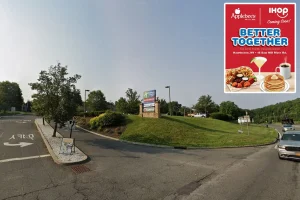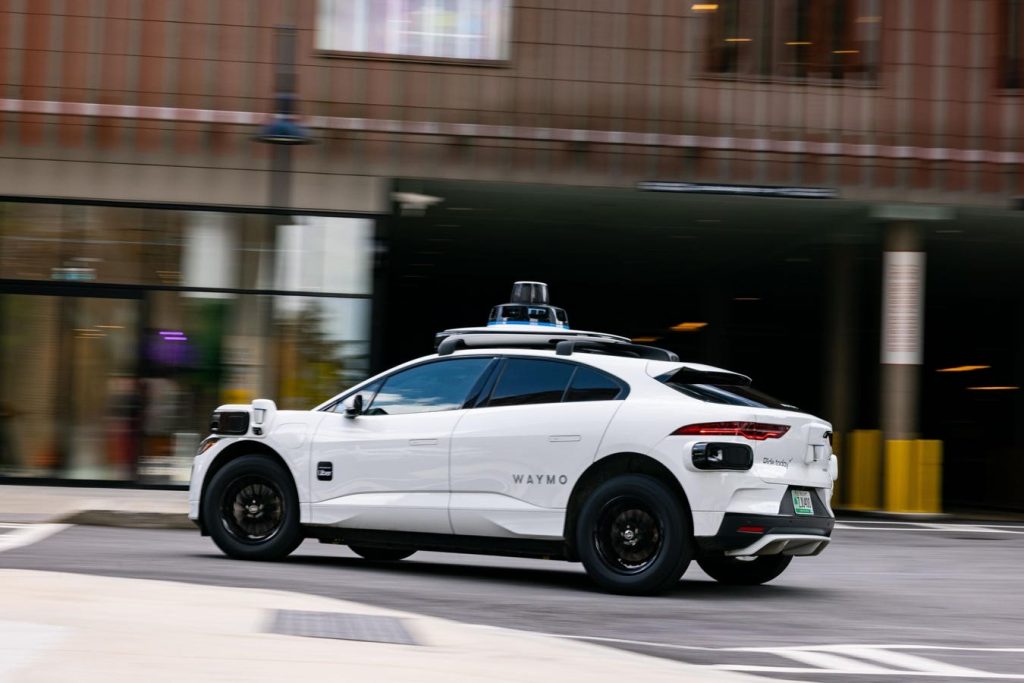Waymo’s Robotaxis Launch in Atlanta
Waymo, the U.S. leader in autonomous driving, began operating its fleet in Atlanta today, marking its fifth major U.S. city. The service, known asWAYMO, will soon partner with Uber for both ride booking and vehicle maintenance, including cleaning and tire repair at depots. A dozen vehicles are already under operation, expanding to hundreds over time. The initial service area spans a 65-square-mile zone in downtown Atlanta, covering neighborhoods like downtown and_ticket-track areas such as Buckhead and Capitol View.
The announcement comes as Elon Musk, the])]Elon Musk)]], the co-founder of Tesla, emphasized progress in autonomous technologies, noting traffic safety enhancements. While both Waymo and Tesla are pioneers in ADAS (Autonomous驾驶员 Assist Systems), Waymo’s scaling capabilities and partnerships with festive services align with its aspirations.
Waymo leverages its Websocket platform to enable seamless integration with Uber’s ecosystem. driverless rides are poised for scalability, with robust infrastructure ensuring rapid growth. The company is investing heavily in customer engagement to foster a user-friendly ecosystem, emphasizing scalability as a key driver of success.
The emergence of driverless rides in Austin by a select group of shareholders repeats Tesla’s test mode, highlighting partially randomized driverless programs. This approach, coupled with hardware innovations like Googlegos, has raised concerns about reliability and safety.
The National Highway Traffic Safety Administration (NHTSA) has reported some incidents in Austin, including driverless vehicles mishandling traffic and failed commands. Despite this, Waymo’s performance remains strong, with average transactions reaching 250 rides a week. Its expansion plans are speeding ahead, with targeted cities such as Miami and Washington, DC, set for launch.
Amid this optimistic phase, Tesla faces uncertainties, with early successes in random driverless programs and multiple minor issues reported. Waymo’s dominance in the adaptable space of autonomous transportation is evident, positioning it for further innovation and impact. As autonomous technologies gain traction, specific browser-based alternatives like Amazon’s Zoox are expected to emerge, providing another avenue of growth for the future of transportation.
The alternative journey into autonomous mobility commence withWaymo and is selective towards early adopters, introducing passengers to the seamless integration of Waymo’s autonomous rides into the Uber app. Meanwhile, Tesla’s Zoox is set to begin operating in its custom-designed robotaxi vehicles later this year, further solidifying Waymo’s role in navigating the dominance of autonomous systems.
This era of autonomous mobility on a global scale is beginning to unfold, withWaymo’s success as a key player in the driverless revolution further integrating into the broader tech industry. As companies explore more of this promising landscape now,Waymo’s investments in partnerships and infrastructure will likely drive further innovation and⏐ expansion.






